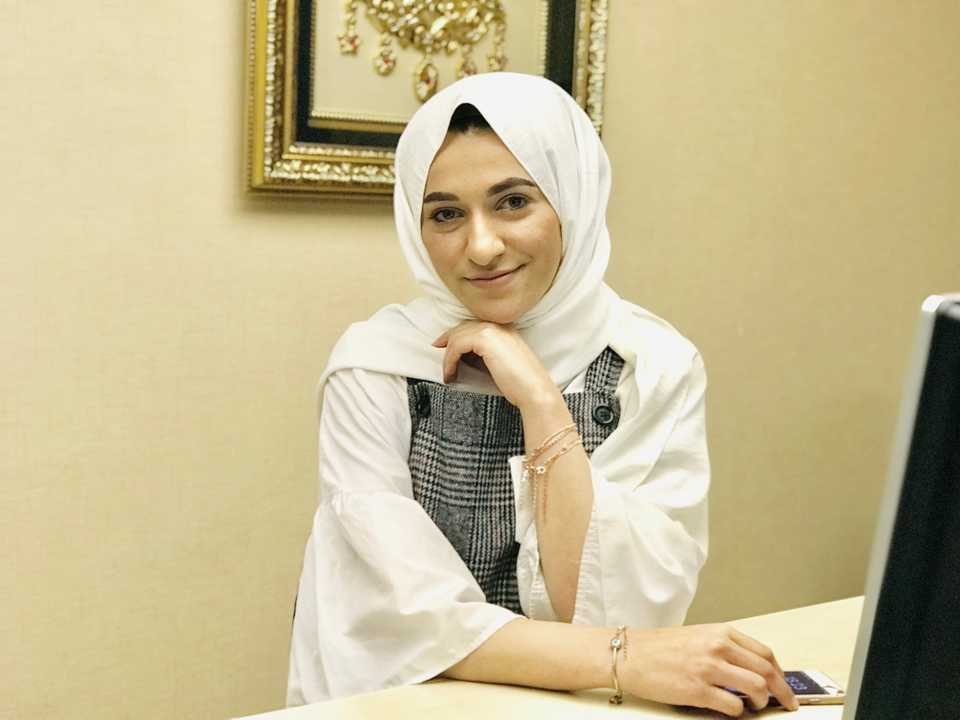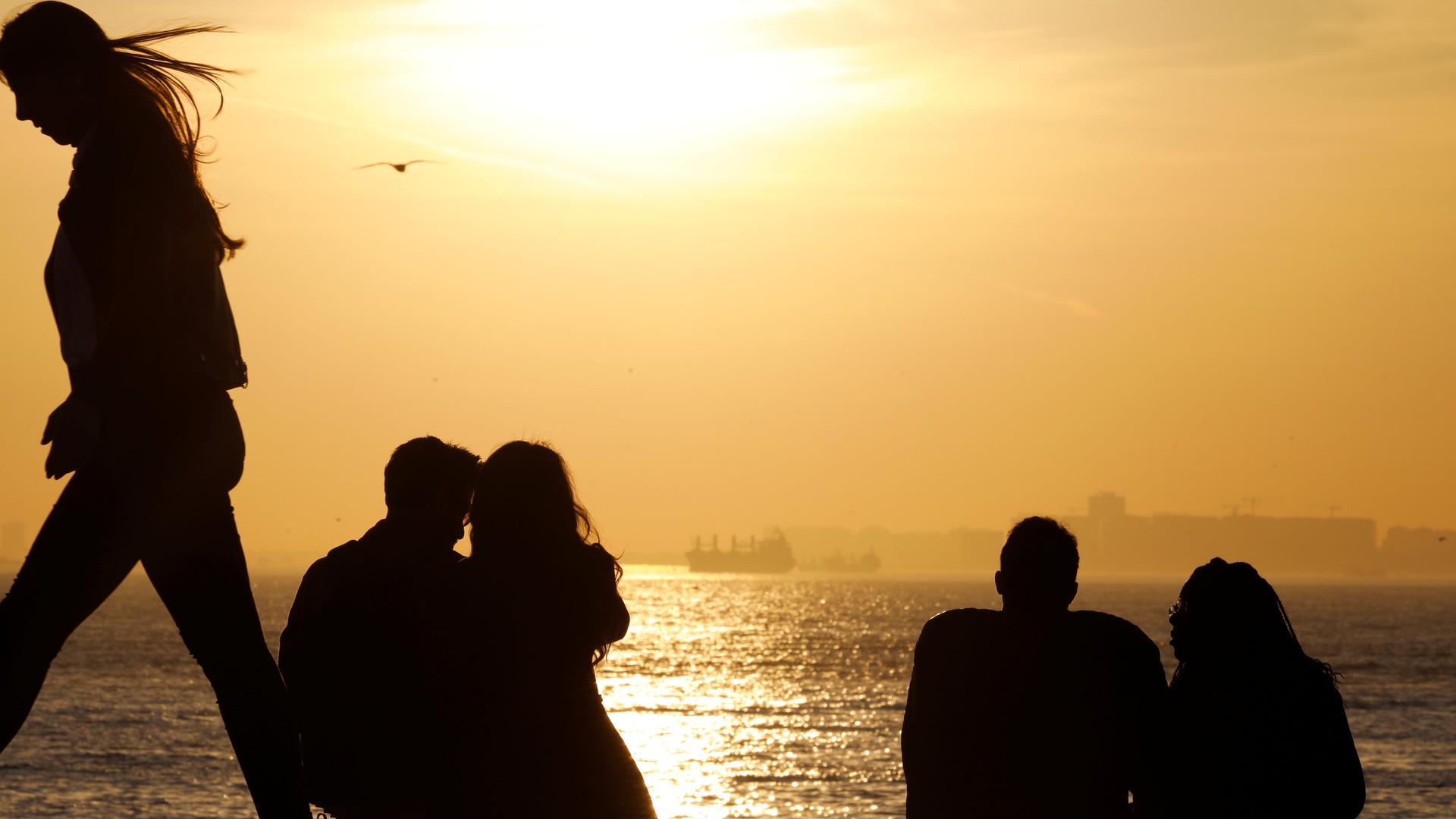Turkey will go to the municipal polls on March 31 2019, to choose their local representatives. Nearly 58 million registered voters will elect their mayors and municipal council members and the representatives will serve for next five years.
When it comes to Turkey’s electoral politics, Istanbul has almost always been a game-changing turf. It was from Istanbul that President Recep Tayyip Erdogan launched his political career, winning the mayoral elections in 1994.
In the upcoming elections, there are two favourite candidates, former prime minister Binali Yildirim from the governing AK Party, and the mayor of Beylikduzu Ekrem Imamoglu from CHP.
Istanbul is Turkey’s largest city with 15 million inhabitants, of which 10 million are eligible to vote. Nearly 20 percent of the country’s population are living in the city connecting Asia and Europe.
TRT World met Turkish youth living in Istanbul and asked them about their perspective on the upcoming elections.
Amine Cansu Kaba said she is not happy with the rapid urbanisation of Istanbul with new buildings always popping up here and there and no regard being paid to saving the city’s old and historic charm.
“I am not happy with high rise buildings in Istanbul, as being an architecture,” she said. “The city should be a horizontal settlement. Constructions in recent years disturb the silhouette of the city.”
She’s however pleased with the overall landscape and infrastructure services of current mayorship of Istanbul.
“People can enjoy new metro lines and the Marmaray,” she said.
Emre Karlidag said municipal elections are different from general elections. In municipal polls, he said his choice is not determined by which party you support and what ideology you gravitate towards but simply by which candidate has impressed you the most.
Karlidag said Istanbul is a microcosm of larger Turkish society and its overall voting pattern pretty much sets the tone for the rest of the country.
“I am happy with the current management at the municipality. They have achieved many great projects, like Marmaray. It is a very nice project,” he said.
“Now one can commute between Gebze and Harem in an hour, which took almost three hours before.”
But Istanbul’s dense traffic and the lack of green space bothers Karlidag. He said the new mayor must address those concerns.
According to Nur Kara, local elections are very important for urban planning. “Municipalities play a prominent role in creating systematic life. Istanbul has historical, cultural, and touristic importance, it is the most pivotal city in Turkey when looking from outside,” said Kara.
“I largely approve the previous Marmaray project, and the price is very cheap too. It may seem that Istanbul has less green space, but I think there is enough green space on the Anatolian side. The European side has some problems on this count.”
“Also, cultural activities are not sufficient such as theatre. Open-air cinemas can be played in neighbourhoods in the summer months.”
For Muhammet Celik, local elections are a reflection of general elections and he finds the promises of some candidates more realistic than others.
Recalling his childhood, he said the rainwaters would seep into his home because of poor drainage system, an unpleasant situation that was fixed about a decade later, thanks to new investments in large-scale urban infrastructure projects.
He also remembers how the Golden Horn reeked of bad sewage smells. By the time he came of age, the Istanbul municipality had revived it to healthy margins.
Prior to opening up the subway train lines and metrobus projects, he said Istanbulites heavily relied on old buses with no air conditioning.
Celik also described the municipality-run programme of selling vegetables for cheap prices to combat inflation as a positive step.
Emre Ozdemir said his voting choice would be heavily influenced by what each candidate has to say about upgrading the city’s public transportation.
“I go to school in Maltepe and live in Esenyurt, that’s nearly 70 kilometres. I see traffic as one of the biggest problems in the city,” he said.
He has largely grown disillusioned with the promises politicians generally make to people as he feels such political rhetoric barely translates into reality.
Ozdemir said Istanbul’s metropolitan municipality doesn’t offer much to improve social activity.
“I am pleased with Marmaray, but even that has become extremely crowded at times,” he said.

“I appreciate social works aimed at disabled people that have been done by Istanbul municipality recently. A lot of progress on transportation was carried out,” said Karadag.
She, however, wants her new mayor to fix the long traffic jams that are becoming frequent with more and more cars and buses being added to the city.
Although Rohat Sayan feels green spaces in the city are adequate, he said they can be better.
He’s been in Istanbul for about three years. He appreciates the transportation services the city offers, especially Marmaray and Metrobus. He would like to see some measures to avert road accidents, however.
“I want the new mayor to broaden the width of the roads. The narrowness of the roads causes a lot of accidents,” he said.
He added that he’s happy with the city’s waste management and wants the new mayor to maintain it, if not strengthen it further.










Discussion about this post